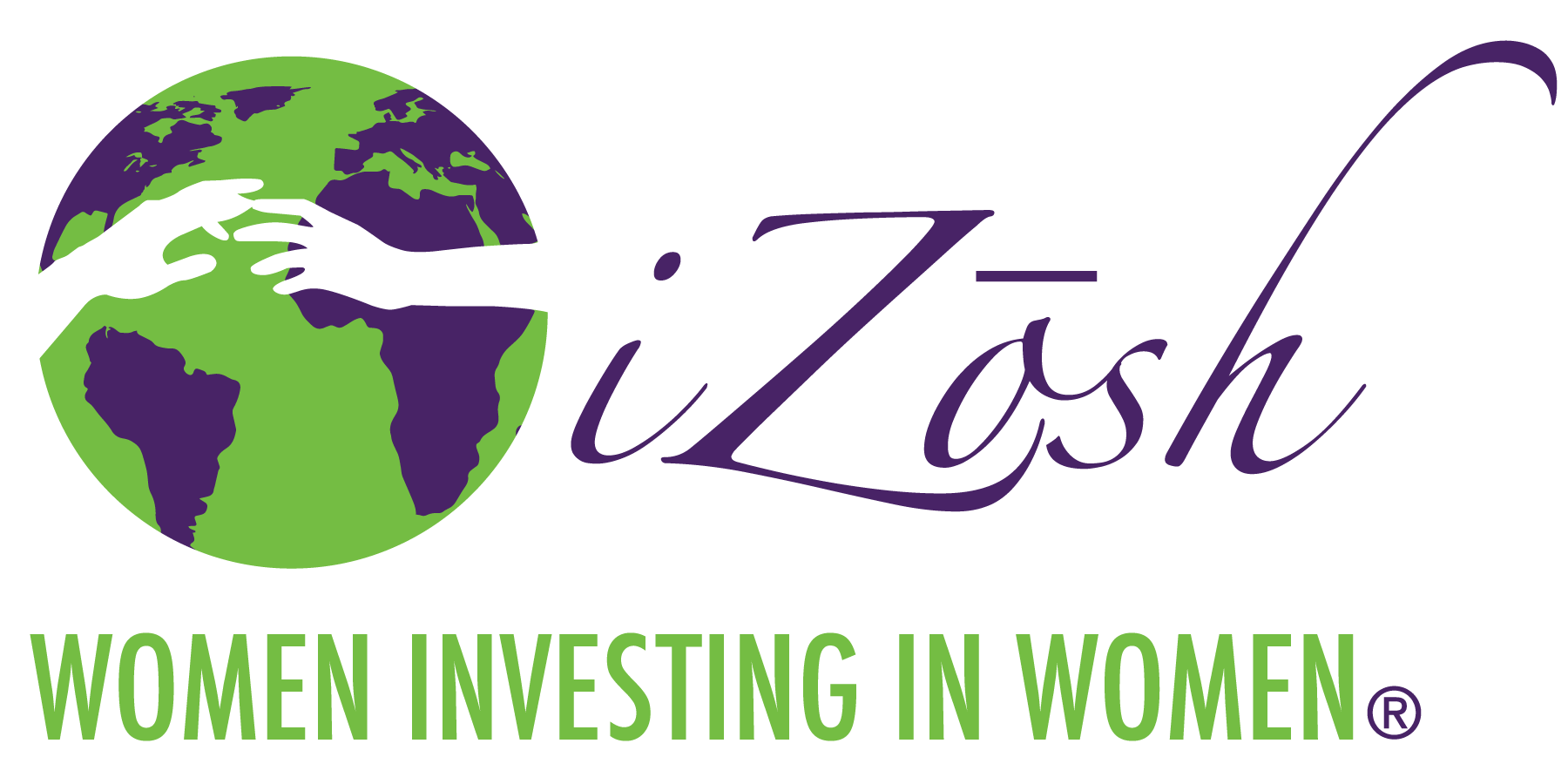iZōsh International grants microloans exclusively to women. So far in 2022, iZōsh Chapter Events have funded microloans for 43 women! As an organization focused on women, this comes as no surprise. We celebrate investing in women, supporting female entrepreneurs and elevating women’s voices and agency within communities across the world. To-date, iZōsh International has supported women entrepreneurs with loans totalling more than $300,000!
Granting microloans to women isn’t simply about women’s empowerment or lifting women out of poverty, though. It’s deeper than that. At its core, supporting microloans for women is about supporting the well-being of women, and by extension, their families and communities. Aren’t healthy homes and communities something we all long for?
How does funding microloans for women support well-being?
Laced through so much of the research and literature about microlending is evidence pointing to the fact that supporting women living in extreme poverty through the provision of microloans does indeed result in healthier homes and communities. According to the International Labor Office in Geneva, “The business case for focusing on female [microloan] clients is substantial, as women clients… contribute larger portions of their income to household consumption than their male counterparts.”*
In a chapter of the book Half the Sky titled “Microcredit: The Financial Revolution,” authors Nicholas D. Kristof and Sheryl WuDunn draw on early microcredit research pointing out that “when women hold assets or gain incomes, family money is more likely to be spent on nutrition, medicine, and housing, and consequently children are healthier.”
Well-being, by definition, refers to “the state of being comfortable, healthy, or happy” (Oxford’s English Dictionary). Supporting well-being looks like paying attention to physical and mental health, supporting education, ensuring people have opportunities to pursue their dreams and the things that make them come alive, and building safe environments where people can live with dignity, freedom, and confidence.
One way VisionFund, World Vision’s microfinance branch, measures the success of their projects is by regularly surveying their clients about the well-being of their children. The well-being of a child is a good indicator of the well-being of the rest of the household! VisionFund looks at four child well-being outcomes (CWBOs) to measure success through basic well-being aspirations:
- Children enjoy good health
- Children are educated for life
- Children experience the love of God and their neighbors
- Children are cared for, protected and participating
According to VisionFund, “Poverty-related stress has significant effects on children’s well-being, including outcomes as serious as delays in their overall development.” On the flip-side, however, “A child living in a household that has access to financial services is more likely to have nutritious food on the table, a full education, and the health services they need to grow up thriving.” This is what we’re celebrating when we finance a microloan for a woman.
We celebrate a world where women have the ability to provide for the well-being of their families. We celebrate one small step towards happier and healthier homes and communities.
We’d encourage you to read more about the impact of microloans on child well-being on the VisionFund website: VisionFund Child Well-Being Outcomes.
* International Labour Office, Geneva. Small change, Big Changes: Women and Microfinance.
